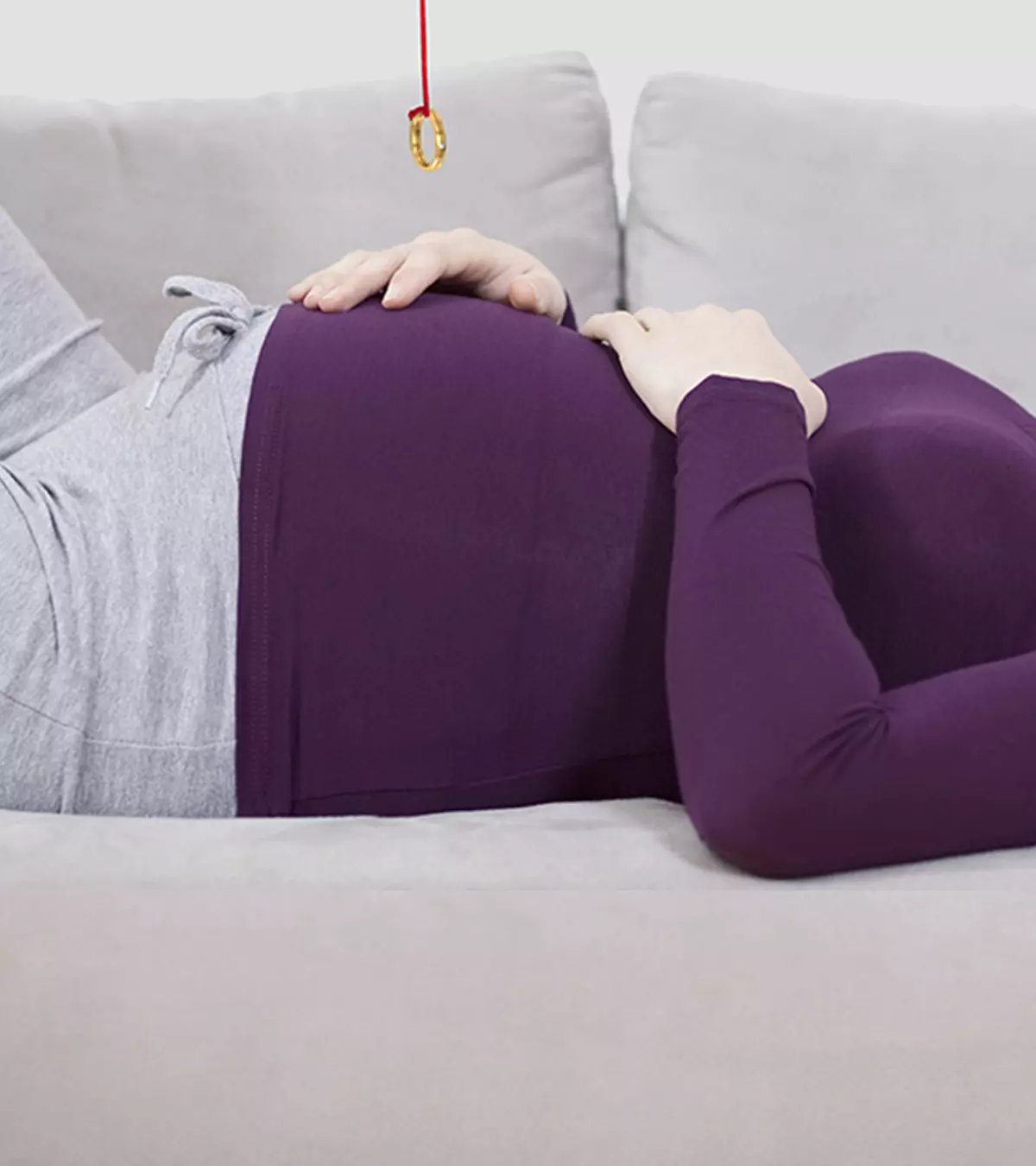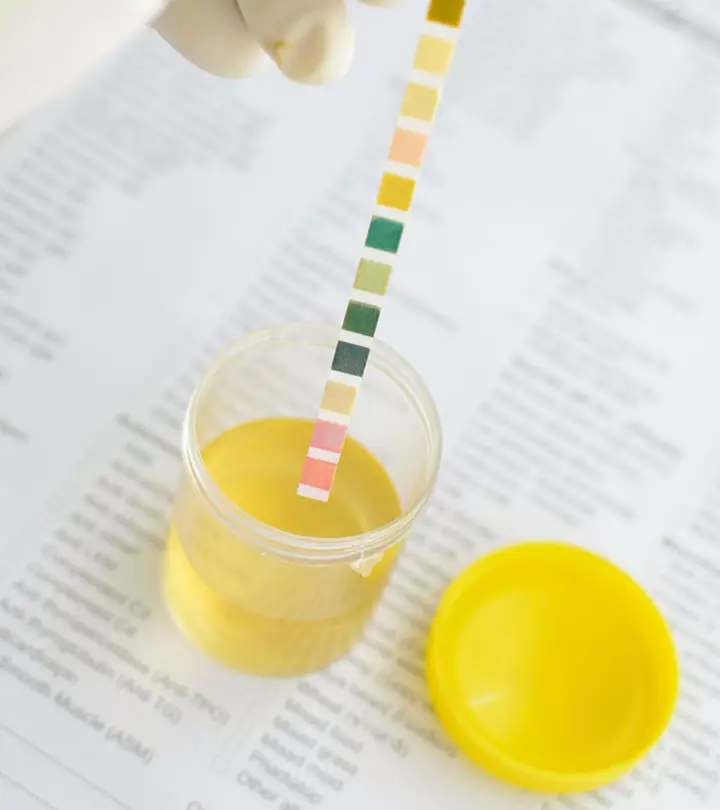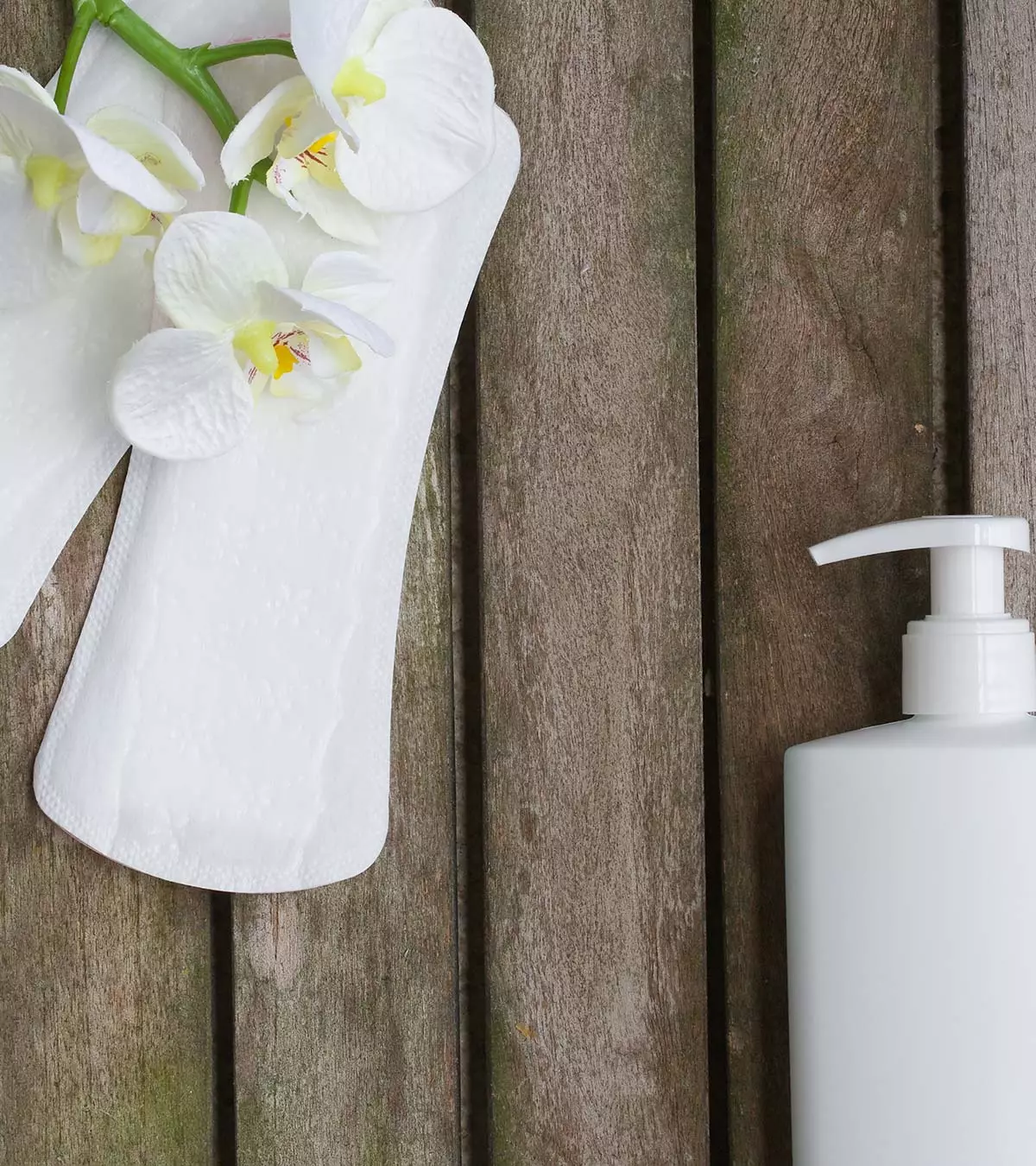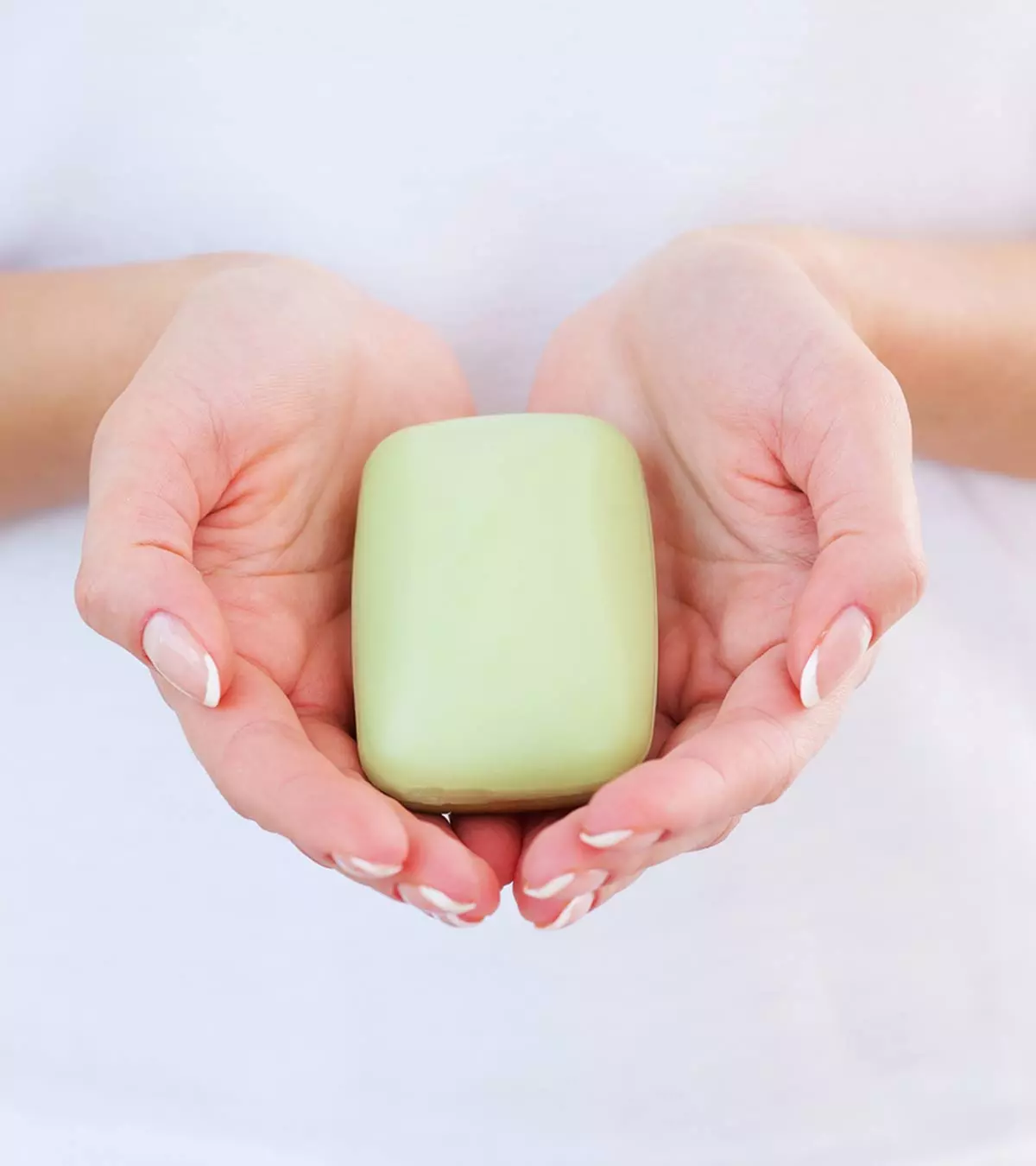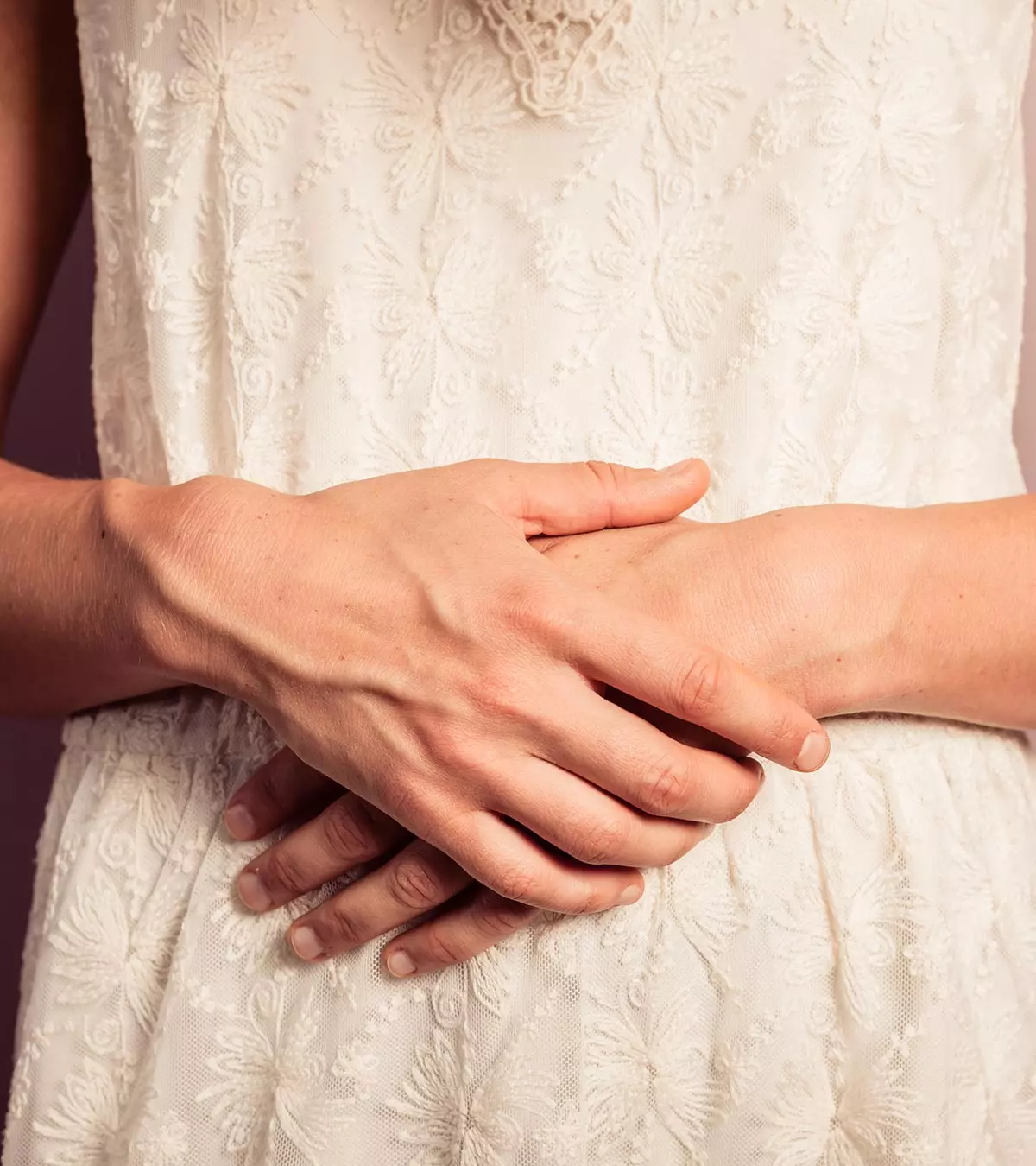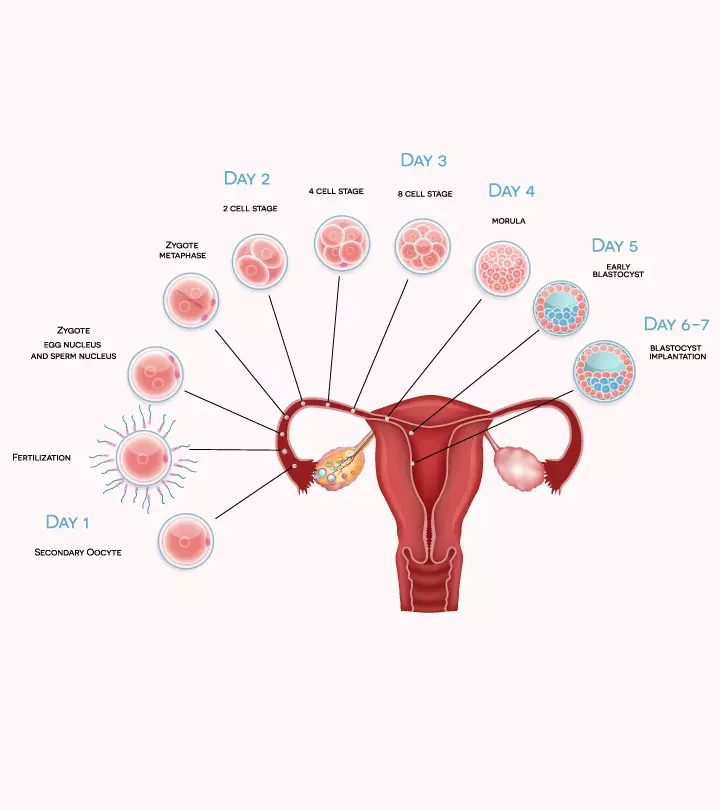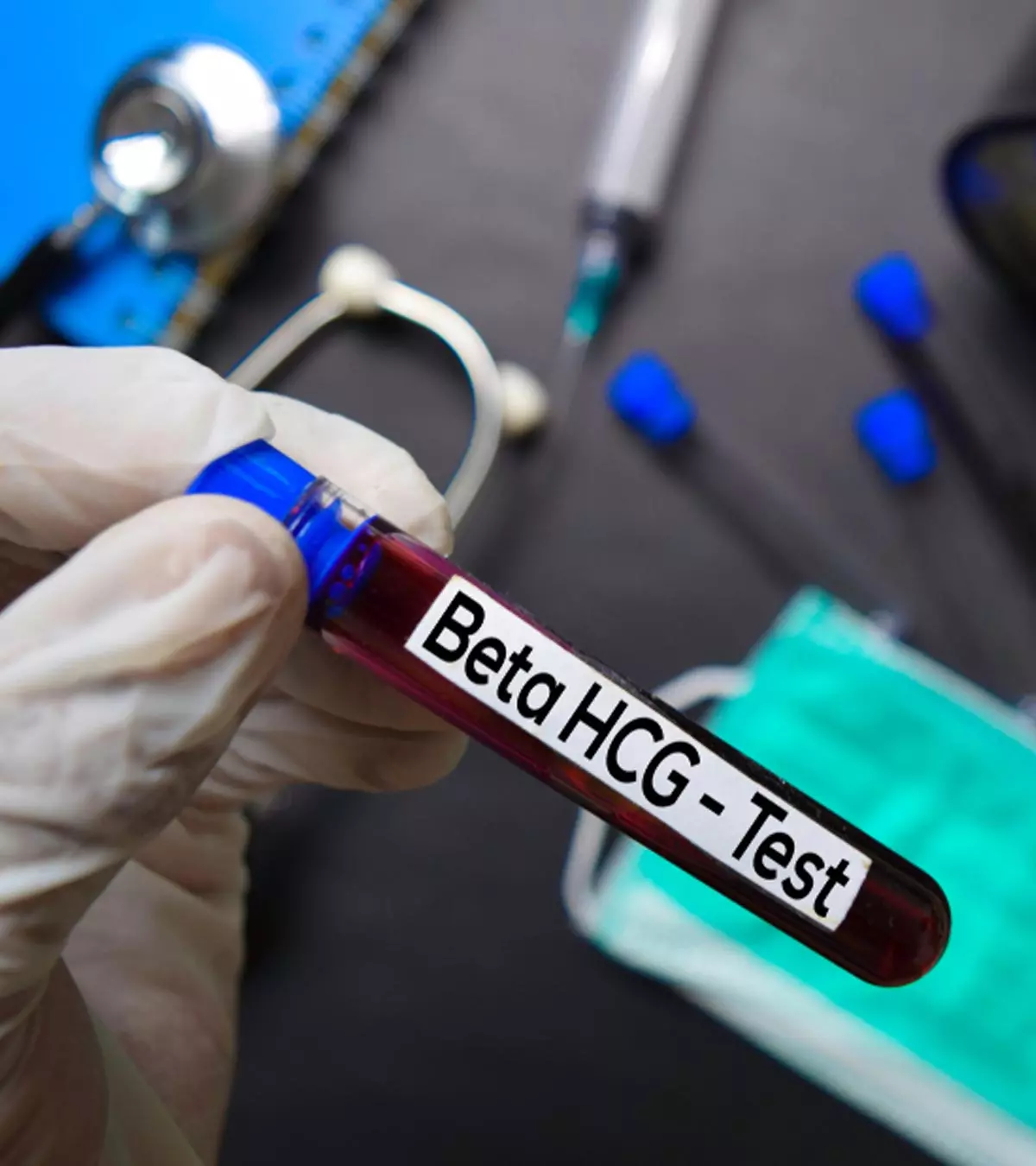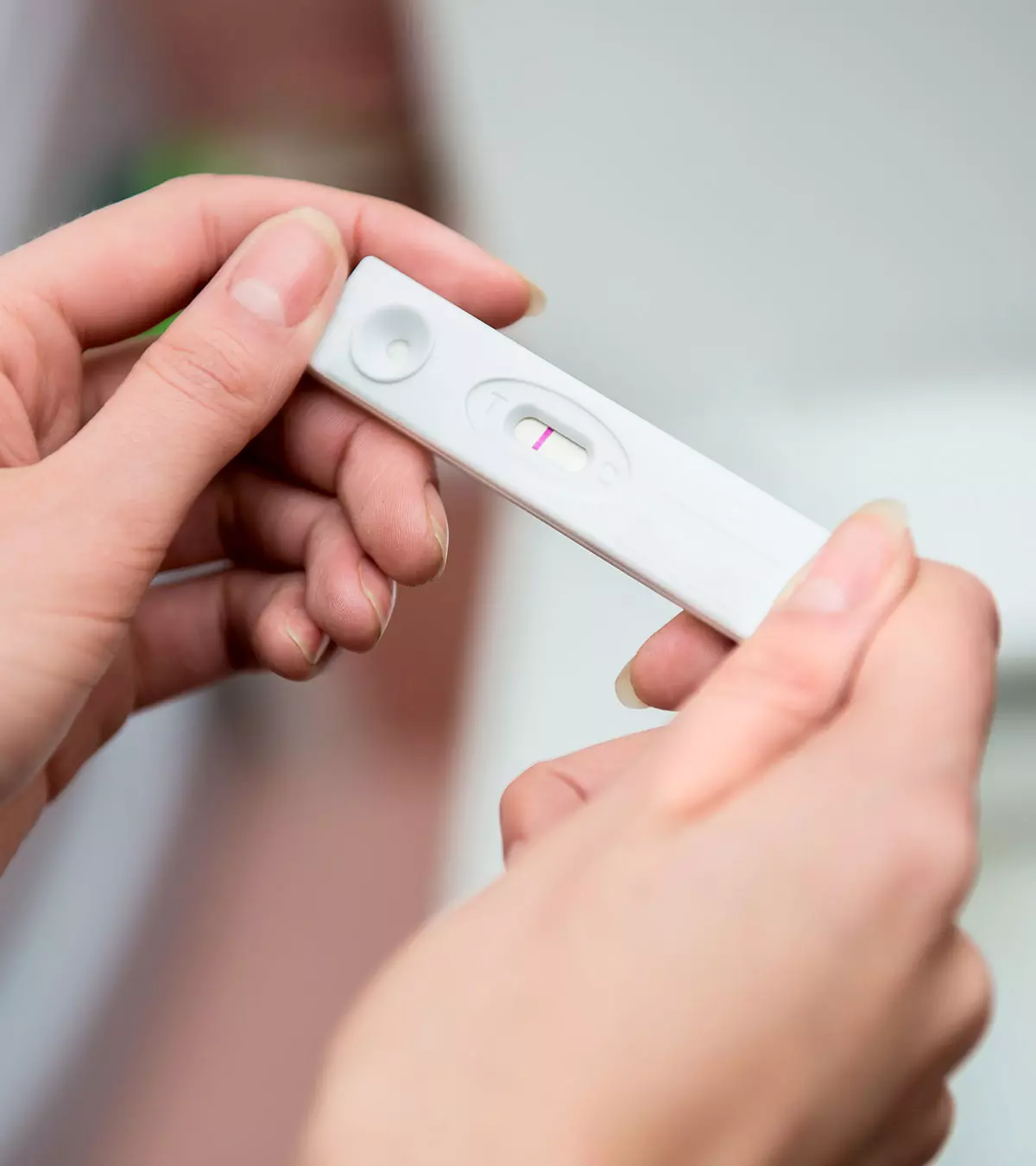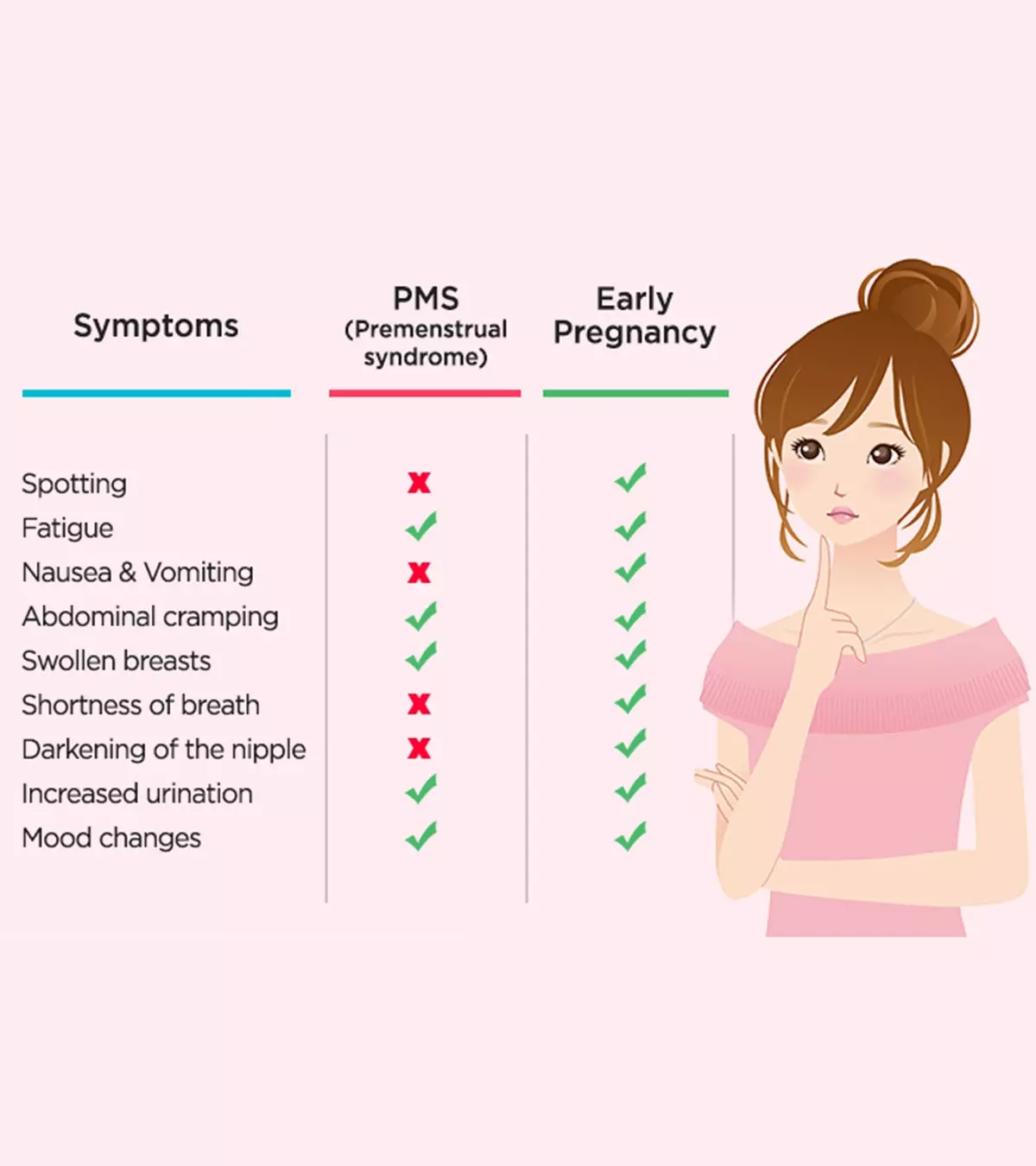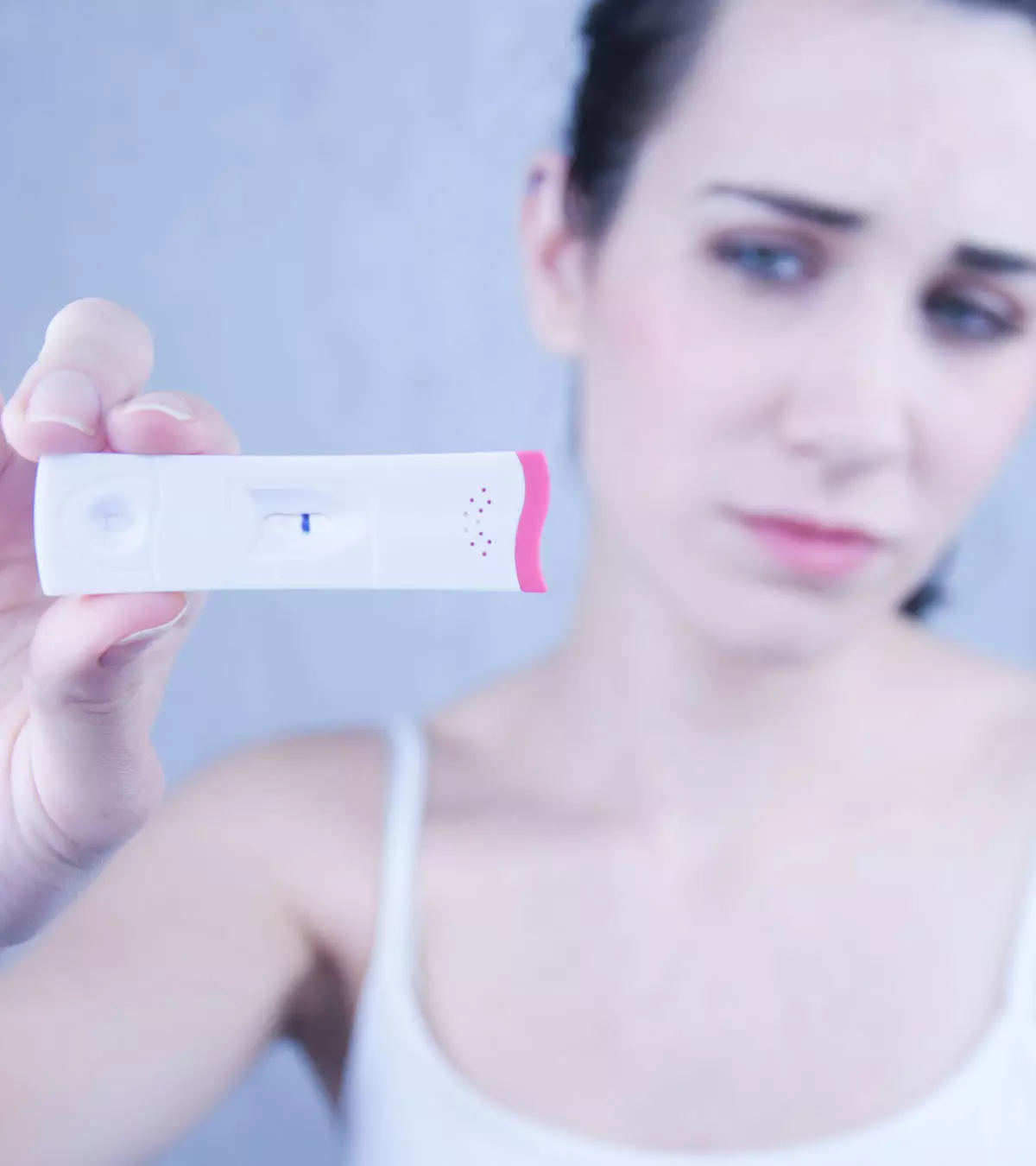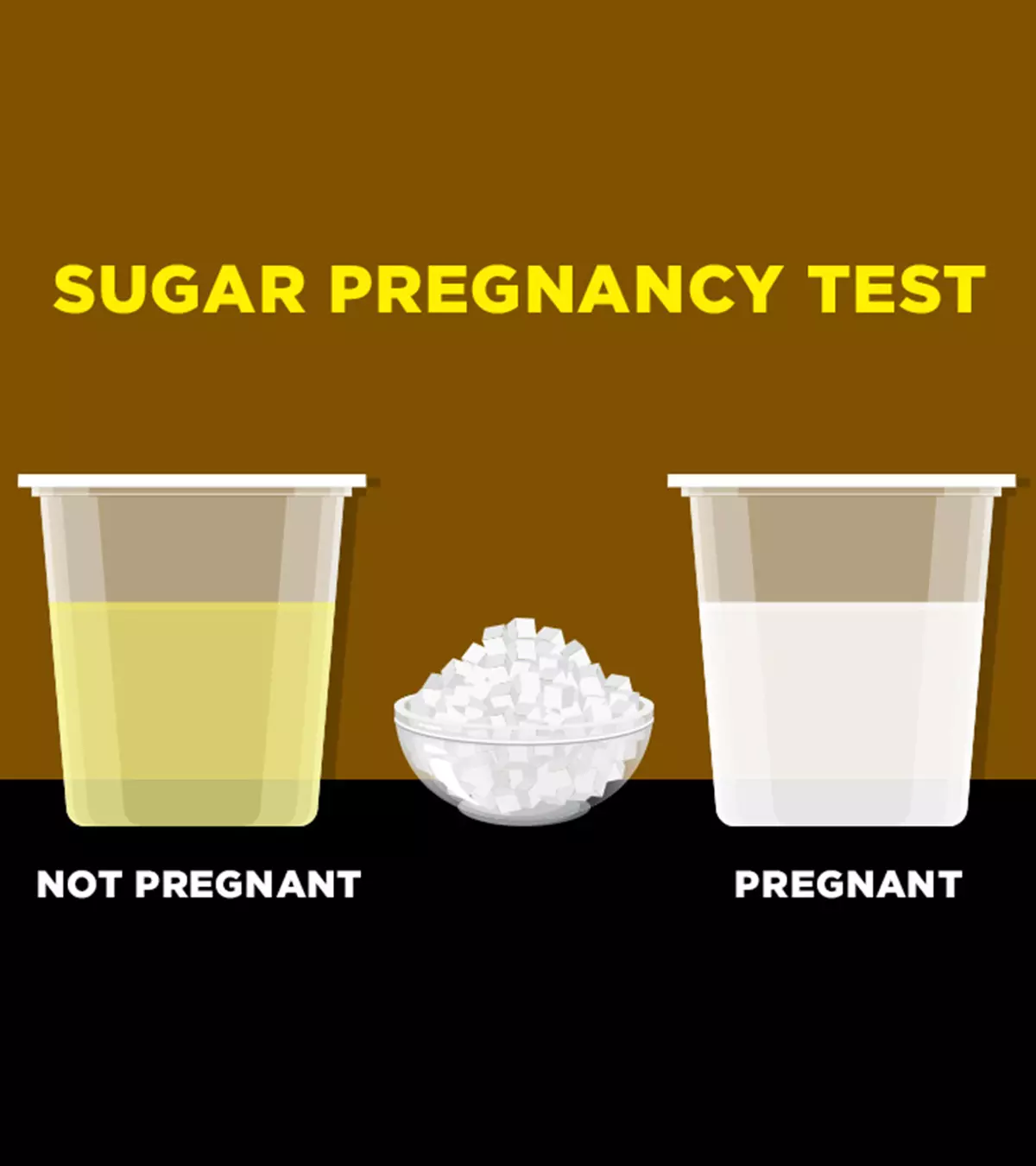
Image: MomJunction Design Team
Couples trying to conceive might often want to know if they are pregnant even before missing their period. Some couples may try DIY pregnancy test ideas, such as a pregnancy test with sugar, to have some preliminary findings. The sugar pregnancy test is popular due to the easy availability of its materials. But is the test accurate?
Read this post to know more about the steps, accuracy, and other attributes of a sugar pregnancy test.
Key Pointers
- You may use a urine home pregnancy test or clinical blood or urine tests to confirm pregnancy.
- A sugar pregnancy test is considered positive if the sugar clumps while pouring the urine.
- There is no scientific evidence or approvals from medical organizations defining the accuracy of sugar pregnancy tests.
What Is A Sugar Pregnancy Test?
It is a homemade pregnancy test that uses sugar and urine to confirm pregnancy. This DIY method detects the presence of the pregnancy hormone human chorionic gonadotropin (hCG) in urine to determine if you are pregnant.
How Is The Homemade Sugar Pregnancy Test Done?
To take the test, you need pure white sugar crystals, a sample of the day’s first urine, and a sterilized cup (preferably a transparent one to read the reaction) (1).
- Take a few spoons of simple sugar crystals in an empty cup.
- Collect your urine sample in a separate cup, or you can urinate directly on the sugar cup.
- Pour the urine into the cup containing the sugar and wait to see the result.
- If you notice sugar clumping in the mixture, then it is said to be positive.
How Is The Sugar Pregnancy Test Said To Work?
There are no scientific studies that explain how sugar reacts to the hCG hormone in the urine to give off a reaction. Some proponents state that hCG makes it difficult for sugar to dissolve and forms clumps instead. However, there is no medical backing to this claim.
How Accurate Is Home Pregnancy Test With Sugar?
Homemade pregnancy tests may not be 100% perfect, and the same is the case with the sugar test for pregnancy. It neither has any evidence from any medical organization nor does any medical expert talk about its accuracy. If you still want to try this test, you should back it up with a pregnancy kit that can be used one to two weeks after you have missed your periods (2).
When Should You Take The Sugar Pregnancy Test?

If you like to give it a try, then do it a week after you miss your period. It usually takes around two weeks for the hCG level to increase in the urine after implantation (3). You should take the test in the morning with the first urine sample of the day when the hCG content is high (2).
How To Read Sugar Pregnancy Test Results?
It is believed that leaving the solution untouched for some time could give the results (1).
- A positive test result shows sugar chunks. They claim that hCG reacts with sugar crystals to give the reaction.
- A negative result is when there is no such reaction, and sugar gets dissolved in urine.
If you feel you might be pregnant or you’re doubtful of the result, wait two to three days to do the test again, or you can use over-the-counter pregnancy test kits that are more reliable for determining your pregnancy status.
If you feel you might be pregnant, then over-the-counter pregnancy test kits are the only options that may work in determining your pregnancy. Comparing the sugar test to traditional methods highlights the importance of accuracy and reliability in pregnancy testing. While DIY methods may provide initial insights, they should never replace professional medical advice.
How To Test For Pregnancy?
Pregnancy could be detected by the following test methods:
- Home pregnancy test kits detect the presence of the hCG hormone in the urine (4). They are known for their affordability, accessibility, and reliability, making them a useful indication of pregnancy. Taking a pregnancy test at home is pretty simple and about 97-99% accurate if used per the manufacturer’s instructions (5). Yet, sometimes, they might result in false-positive or false-negative test results. To get an accurate reading, you may consider taking the urine pregnancy test at least one week after the missed period. Also, taking first-morning urine has the highest levels of pregnancy hormones.
 Quick fact
Quick fact- Clinical pregnancy tests include a blood test and urine test, or either of them to detect the pregnancy. The urine testing method works similar to the home pregnancy test, but the sample is sent to the laboratory for testing. Blood tests are again of two kinds – Qualitative (check the presence of pregnancy hormone) and quantitative (detect the amount of hCG hormone) (6).
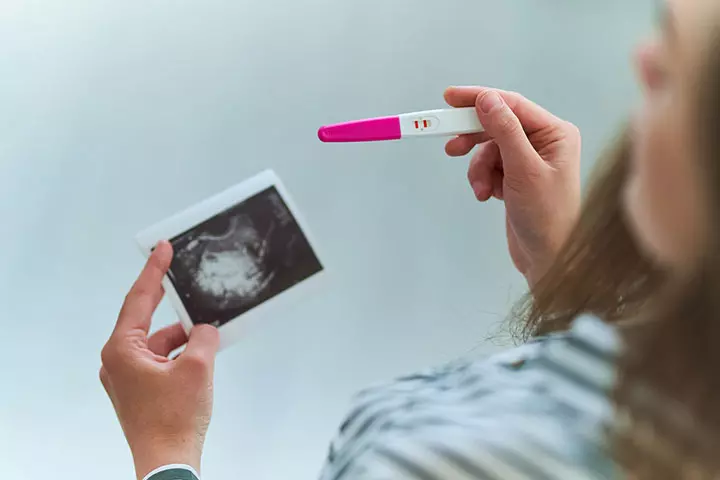
- Basal body temperature (BBT) is another pregnancy test that indirectly assesses pregnancy. It involves checking your BBT, preferably in the early morning, using a special thermometer that records small temperature changes. Do this for at least 18 days and note the daily temperature readings. If your temperature is higher for 18 days or more, it could be an early sign of pregnancy. Among various DIY pregnancy tests, checking BBT has scientific backing. However, it is essential to recognize that it is not an entirely reliable method, as factors such as fever, certain medications, and ovulation can influence BBT readings (7).
When To See A Doctor?
If you have missed your period or had unprotected sex, then you may check for early pregnancy symptoms by consulting a doctor. The symptoms may include missing your period, morning sickness, constipation, bloating, abdominal cramps, fatigue, and breast tenderness (8). If you have concerns about the reliability of home tests, it’s crucial to consult a healthcare provider for accurate testing.
 Point to consider
Point to considerA pregnancy test with sugar could be an inexpensive way to determine pregnancy. But its inefficiency is incomparable to store-bought pregnancy kits.
Frequently Asked Questions
1. How often can I perform a pregnancy test with sugar?
There is no suggested frequency for using sugar as an alternative pregnancy test because it’s unreliable. For accurate results, use a trustworthy pregnancy test kit or seek medical advice.
2. How can I dispose of the materials used in a pregnancy test with sugar?
Flush the urine and sugar mixture in the toilet. Wrap the cups in old newspaper or plastic and throw them in the trash. It is not advisable to reuse them for hygiene purposes.
3. Can a pregnancy test with sugar detect an ectopic, chemical, molar pregnancy, or a miscarriage?
No. It is unreliable for determining pregnancy or identifying pregnancy-related complications.
4. What are the common misconceptions about a pregnancy test with sugar?
Common misconceptions about a sugar pregnancy test include its reliability, miscarriage detection ability, safety, and cost-effectiveness. However, it lacks accuracy and cannot detect miscarriages, causing misjudgments that may affect maternal and fetal health.
5. Can a pregnancy test with sugar be used to determine the gender of a baby?
No, a pregnancy test with sugar cannot be used to determine the gender of a baby.
Infographic: Important Points To Know About The Pregnancy Test With Sugar
When you cannot wait to test for pregnancy at a healthcare facility, you may be curious to explore homemade tests to know whether you are pregnant. Skim through this infographic for a quick look at what to know before performing a DIY pregnancy test with sugar. Illustration: Momjunction Design Team
References
1. 15 Fun Home Pregnancy Tests That Might Actually Work; Medical News
2. Pregnancy; U.S. Food and Drug Administration (2017)
3. hCG levels; Healthdirect
4. Signs of Pregnancy/The Pregnancy Test; The Children’s Hospital of Philadelphia
5. Pregnancy Test; Medline Plus
6. Signs of Pregnancy; Beaumont Health
7. Basal Body Temperature For Natural Family Planning; Mayo Clinic
8. Early Signs of Pregnancy; American Pregnancy Association
Community Experiences
Join the conversation and become a part of our nurturing community! Share your stories, experiences, and insights to connect with fellow parents.
Read full bio of Dr. Umera Zakiahmed Saiyed
Read full bio of shreeja pillai
Read full bio of Rebecca Malachi
Read full bio of Reshmi Das










